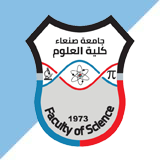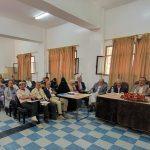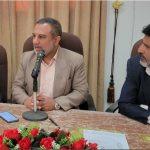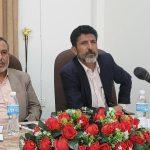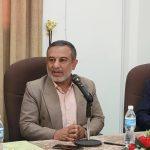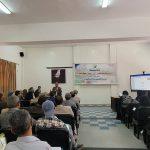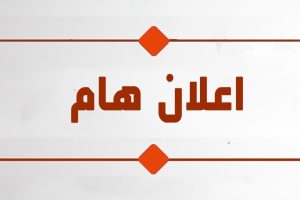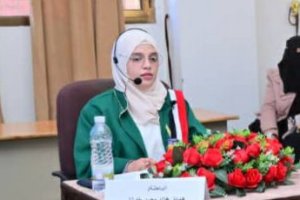Workshop to Update Doctoral Programs at the Faculty of Science
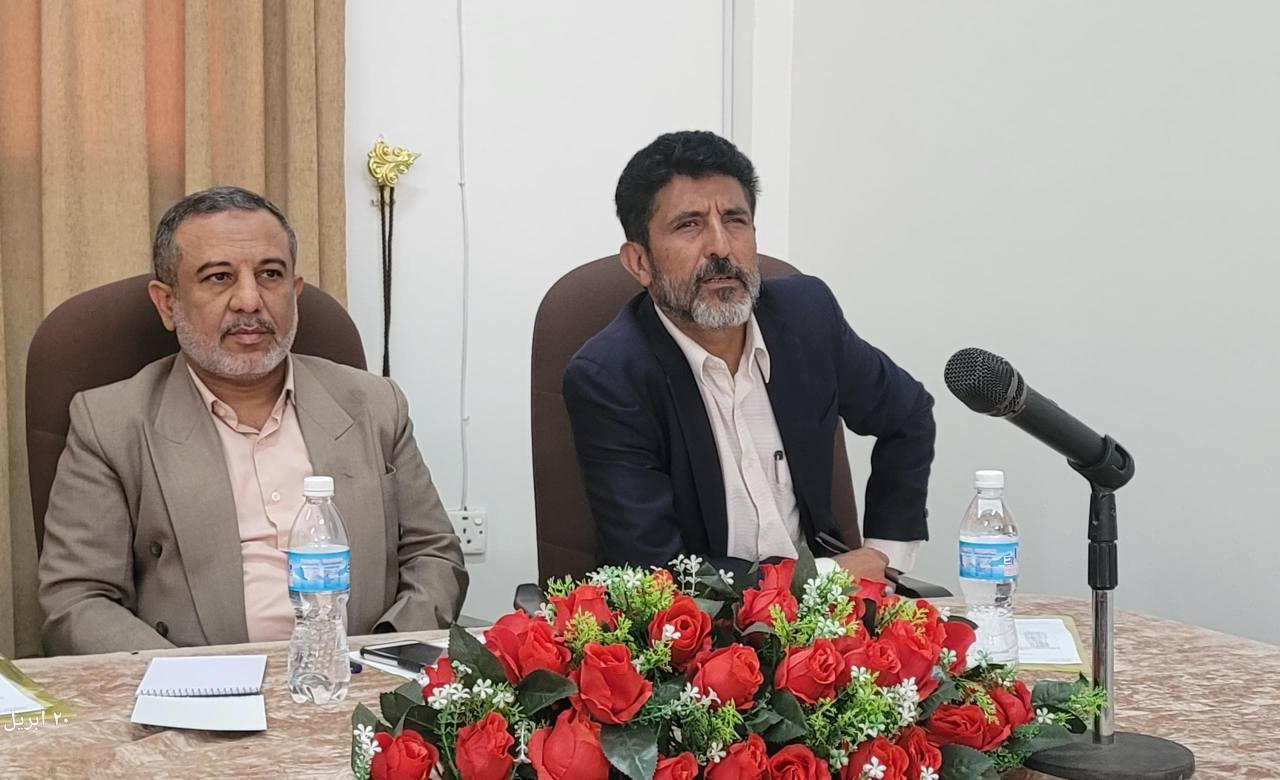
The Faculty of Science at Sana’a University has recently organized a scientific workshop to update and develop the faculty’s doctoral programs, with the participation of a selected group of academics and faculty members from the university.
At the workshop, the Deputy Minister of Education for the Higher Education Sector, Dr. Ibrahim Luqman, emphasized the importance of considering development requirements and needs when updating doctoral programs. He stressed the necessity of redoubling efforts during the bachelor’s years to bridge the gap and focus on improving inputs to ensure the quality of outputs upon which postgraduate studies will be based on.
He pointed out the global decline in the level of secondary education, particularly in physics, which doubles the burden on the Faculty of Science due to many students’ reluctance to enroll despite the low admission rates. He mentioned that the Chemistry Department in the faculty, which is one of the most relevant departments to development, used to attract more than 500 students, while today it does not exceed one hundred students.
Dr. Luqman noted that development is based on limited industries related to chemists, and the country is currently moving towards localizing the pharmaceutical industry and seeking to localize two thousand varieties in the future, which confirms the need for hundreds of chemists.
Dr. Luqman stressed the necessity of linking the outputs of postgraduate studies and scientific research from the Faculty of Science with the needs of development and the labor market, and benefiting from the university’s outputs and linking them with society.
He mentioned that the university had an experience in linking its outputs with the needs of society in the Faculty of Agriculture, by connecting it with agricultural agencies, which reflected positively on improving its performance and outputs and similarly in the Faculty of Medicine with health agencies. He emphasized the need to link the Faculty of Science with various entities, especially the departments of Botany and Zoology, and the possibility of linking them with the farming Committees to improve their performance and the quality of their outputs.
The Deputy Minister of Higher Education affirmed that the Faculty of Science is one of the most active specialized faculties and has a tissue laboratory that is unique to any university in the country. He considered it the primary driver of research and academic reputation, raising the university’s ranking in the global classification of universities. He also considered the Faculty of Science an applied faculty, which necessitates linking research with various entities and the research map of the Agricultural Committee.
For his part, the Dean of the Faculty of Science at the University, Dr. Mohammed Qusailah, explained that the two-day workshop aimed to update the doctoral programs in the faculty, which are directly related to economic development, and to focus the updating process on linking research with the research map of the Republic of Yemen and the requirements and needs of development and society in the country.
He clarified that the programs targeted for updating include Physics, Mathematics, Organic and Inorganic Chemistry, which includes tracks in Analytical Chemistry, Physical Chemistry, and Biochemistry, as well as programs in Botany, Zoology, and Microbiology.
Meanwhile, the Deputy Dean of the Development and Quality Assurance Center at Sana’a University, Dr. Aref Al-Hammadi, reviewed the components and regulations for preparing the doctoral program’s document, its determinants, the mission, vision, and the objectives.
The participants, in the presence of quality and academic development experts, faculty members of the Faculty of Science, and professors of Physics, Mathematics, Chemistry, and Biology, discussed the specifications of the graduate, learning outcomes, admission requirements for doctoral programs, and the requirements for obtaining the degree.
